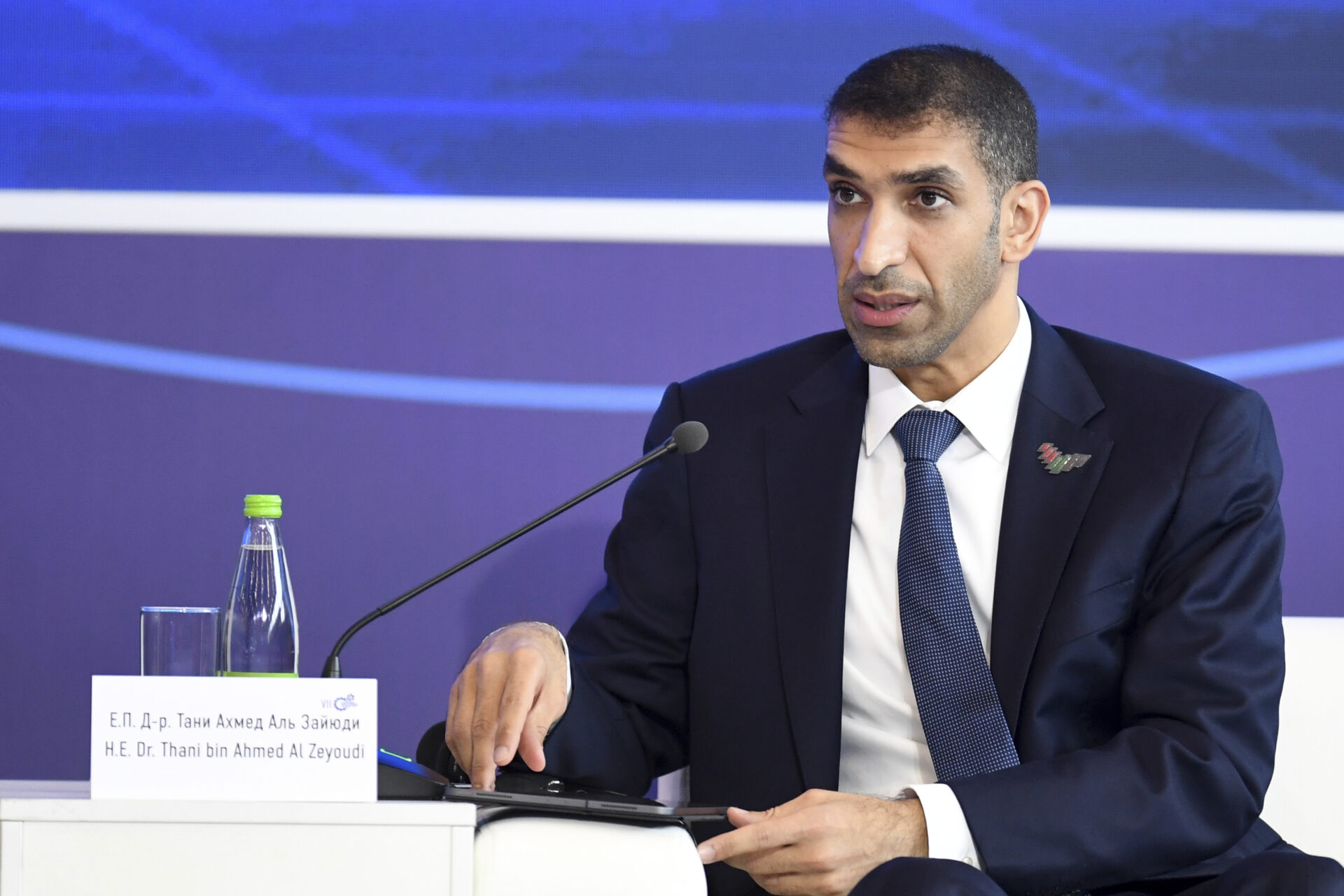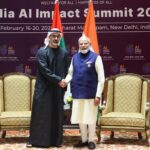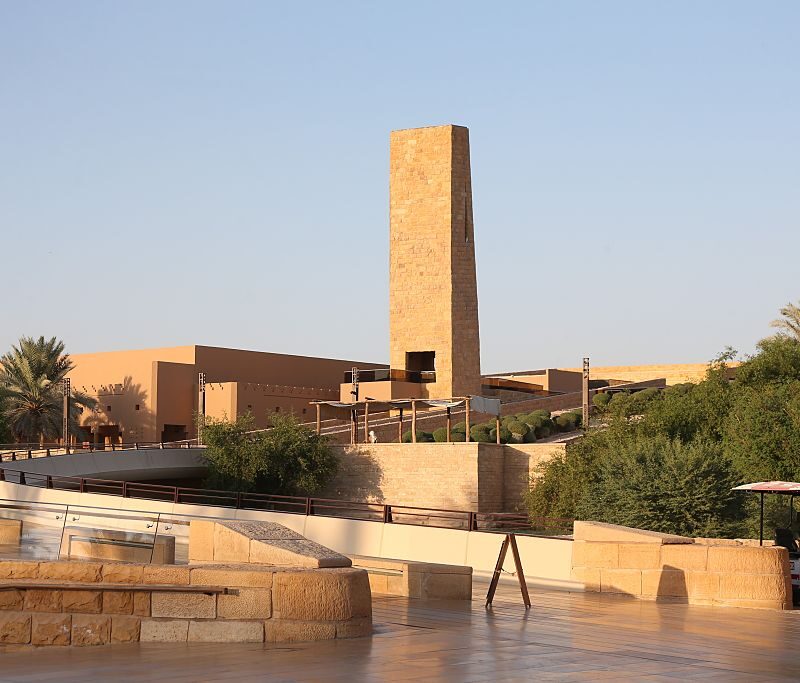Emiratis estimate trade volume with Israel will reach $5 billion in the next few years
Officials discussed the Abraham Accord’s future at the 2022 World Economic Forum

Maksim Bogodvid/Sputnik via AP
Dr. Thani Al Zeyoudi, UAE Minister of State for Foreign Trade
Trade between the United Arab Emirates and Israel is expected to reach $5 billion in the “upcoming few years,” Emirati Minister of State for Foreign Trade Thani Ahmed Al Zeyoudi predicted at the 2022 Davos World Economic Forum.











 Add The Circuit on Google
Add The Circuit on Google

